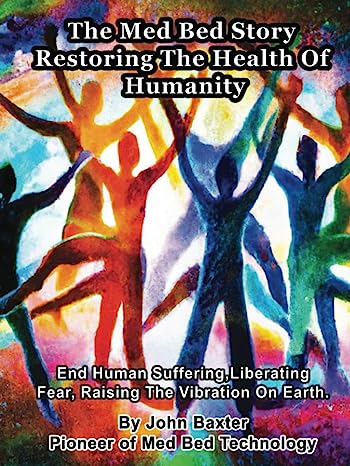In the pursuit of optimal well-being, many have turned to biohacking—a method of enhancing the body's natural functions through science and self-experimentation. This article delves into sleep biohacking, offering actionable strategies to revolutionize both your sleep quality and energy levels, providing a comprehensive guide to transforming your nocturnal habits into a powerhouse of daytime vitality.
Understanding Sleep Biohacking
Sleep biohacking refers to applying biological hacks to improve sleep patterns, thereby enhancing overall energy and health. Given that quality sleep is fundamental to cognitive function, mood regulation, and general health, optimizing sleep is a top priority for biohackers looking to boost their performance and well-being.
Techniques to Biohack Your Sleep
1. Regulate Light Exposure
- Morning Sunlight: Exposure to natural sunlight within the first hour of waking helps reset your circadian rhythm, promoting earlier melatonin production at night.
- Limit Blue Light at Night: Avoid screens at least two hours before bed or use blue light blocking glasses to prevent blue light from disrupting melatonin release, crucial for deep sleep.
2. Optimize Your Sleep Environment
- Temperature Control: Maintain your bedroom at a cool temperature, ideally between 60-67 degrees Fahrenheit, to support the body's natural drop in core temperature that triggers sleepiness.
- Noise Reduction: Consider using white noise machines or earplugs to minimize disruptive sounds that can prevent deep sleep.
3. Enhance Sleep Quality with Supplements
- Magnesium: Taking magnesium supplements can relax the muscles and nervous system, preparing your body for restful sleep.
- Melatonin: Used judiciously, melatonin supplements can help regulate sleep cycles, especially when adjusting to new time zones or schedules.
4. Mindfulness and Relaxation Techniques
- Meditation: Implementing a meditation practice can significantly reduce stress levels, making it easier to fall asleep and improve sleep quality.
- Breathing Exercises: Techniques such as the 4-7-8 breathing method can help calm the mind and prepare the body for sleep.
5. Dietary Adjustments
- Caffeine Management: Limit caffeine intake to mornings or early afternoons to ensure it doesn't interfere with sleep.
- Sleep-Promoting Nutrients: Incorporate foods rich in tryptophan, magnesium, and vitamin B6, which help produce serotonin and melatonin, aiding in better sleep quality.
6. Establish a Pre-Sleep Routine
- Consistency is Key: Going to bed and waking up at the same time every day, even on weekends, can significantly improve sleep quality by stabilizing your body's internal clock.
- Wind-Down Hour: Dedicate the last hour before bed to winding down with light reading, a warm bath, or other relaxing activities to signal to your body that it's time to sleep.
Monitoring and Adjusting Your Biohacks
- Sleep Tracking: Use devices like wearable fitness trackers to monitor your sleep stages and duration. This data can help you identify what biohacks are improving your sleep and what needs adjustment.
- Journaling: Keep a sleep diary to note how changes in your routine affect your sleep and daytime energy levels, helping you fine-tune your approach.
Challenges and Considerations
While sleep biohacking can yield significant benefits, it's important to approach these changes gradually and observe how your body responds. Overdoing certain hacks, particularly supplements, can have adverse effects. Always consider consulting with a healthcare professional before making significant changes, especially if you have underlying health conditions.
Empowering Your Sleep and Energy
By implementing these biohacking strategies, you can transform your sleep from a mere necessity to a strategic advantage that enhances your daily life. With improved sleep, your energy levels, mood, cognitive function, and overall health are also likely to see substantial benefits, empowering you to live your life to its fullest potential.




